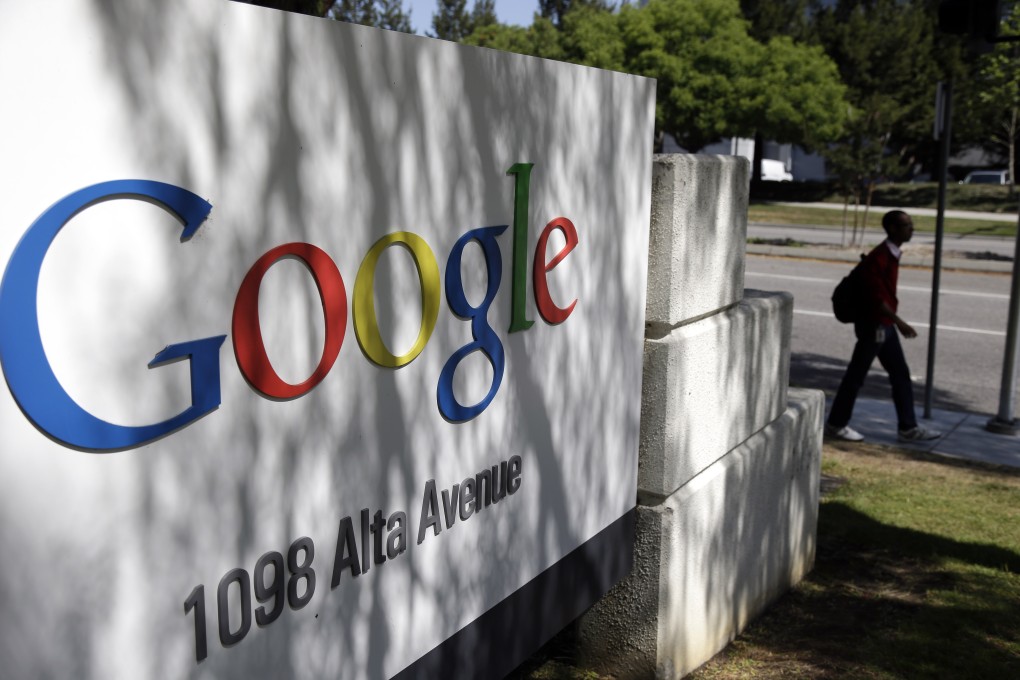'Right to be forgotten' proposal is wrong for Hong Kong
Francis Fong argues against following a European ruling that would set back Hong Kong's journey towards more open access to public information

According to last month's ruling by the European Court of Justice, individuals in the European Union can now demand search engines and other content "controllers", including social media platforms, remove links to webpages that don't serve a "public interest". Since then, search engines like Google have received thousands of requests, including from a politician, a doctor, and a person convicted of child pornography, to remove links to unflattering material from search results.
With Hong Kong Privacy Commissioner Allan Chiang Yam-wang's statement that search engines should extend this practice to Asia, it is worth considering the serious consequences of this so-called "right to be forgotten". This is particularly so because this right can infringe on our equally important right to know and access information.
When governments gain the power to ask private companies to obscure legal public records, it will produce a chilling effect on Hong Kong's tradition of free expression. Under these measures, activists, journalists and ordinary citizens could be denied ready access to information that may seem "irrelevant" to privacy officials, but turn out to be important in public and private life.
This is particularly relevant for Hong Kong, where an active debate is currently under way on a possible freedom of information law and an archive law. We are seeing momentum of reform in the direction of increased transparency, and a "right to be forgotten" measure would reverse that.
Late last year, an editorial in this newspaper praised the Legislative Council Secretariat for digitising voting records and verbatim records dating back to 1877, making them machine-readable. They have greatly empowered citizens by making public information easily searchable. With the "right to be forgotten", however, if a legislator wants to erase links to some of his or her inconvenient truths in the council archive, how would we balance this with the broader public interest?
Requiring search engine providers to remove links deemed "inadequate, irrelevant, or no longer relevant" would also hinder our ability to make reasoned and informed decisions. If search engines become the judge of the balance between personal privacy and public interest, and bear the legal and financial implications if they make the wrong call, they are much more likely to err on the side of caution and remove links that ought to stay up.